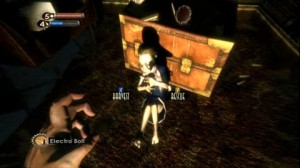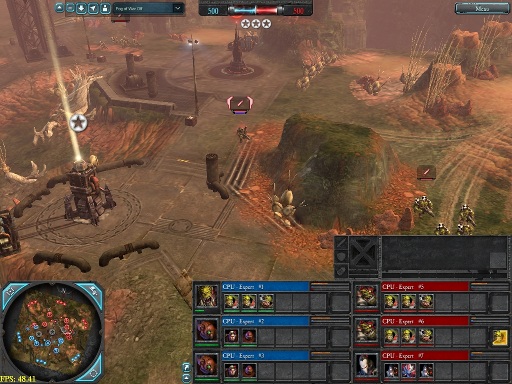In regard to this video from Extra Credits:
If someone asked you what “genre” of game Dawn of War is, what would you say? Would you call it a “Sci-fi game”? Or an “RTS”, or possibly a “strategy game”? The problematic disconnect here is that in non-participatory forms of entertainment, the metadata you have about the thing really just boil down to descriptions of the story’s structure, tropes, setting, and style. That’s where we get genre from.
In games you have often had only some or none of those traditional categories, so the data we’ve based “genre” upon have been information about how the game is played, whether in regard to perspective (FPS, third person), the sequence of play (turn-based, real-time), the type of thinking involved (strategy, tactical), the type of action that occurs (shooting, brawling, sports), and probably a dozen other axes of evaluation.
This is fine for Tetris, but has always made genre sort of a problem for games that have both stories and mechanics to describe under the rubric of “genre”, as illustrated in the example above. Admittedly, this isn’t a huge limitation in describing games over the last 25 years, since 95% of them have had stories that obviously fit into the sci-fi, action, or fantasy molds. But I have to wonder: if we had a better language than “genre” to encapsulate games, would it be easier to make high-profile games that embrace story idioms other than the big three? I’ve been enjoying LA Noire a great deal in spite of its dreadful shooting and driving, impossible interview mechanics, and psychopathically unlikable player character just because there’s no dragons and no spaceships in the story. There’s nothing inherently wrong with elves or space marines, but just to have a big-budget story without either is fantastically refreshing.
-ssr

